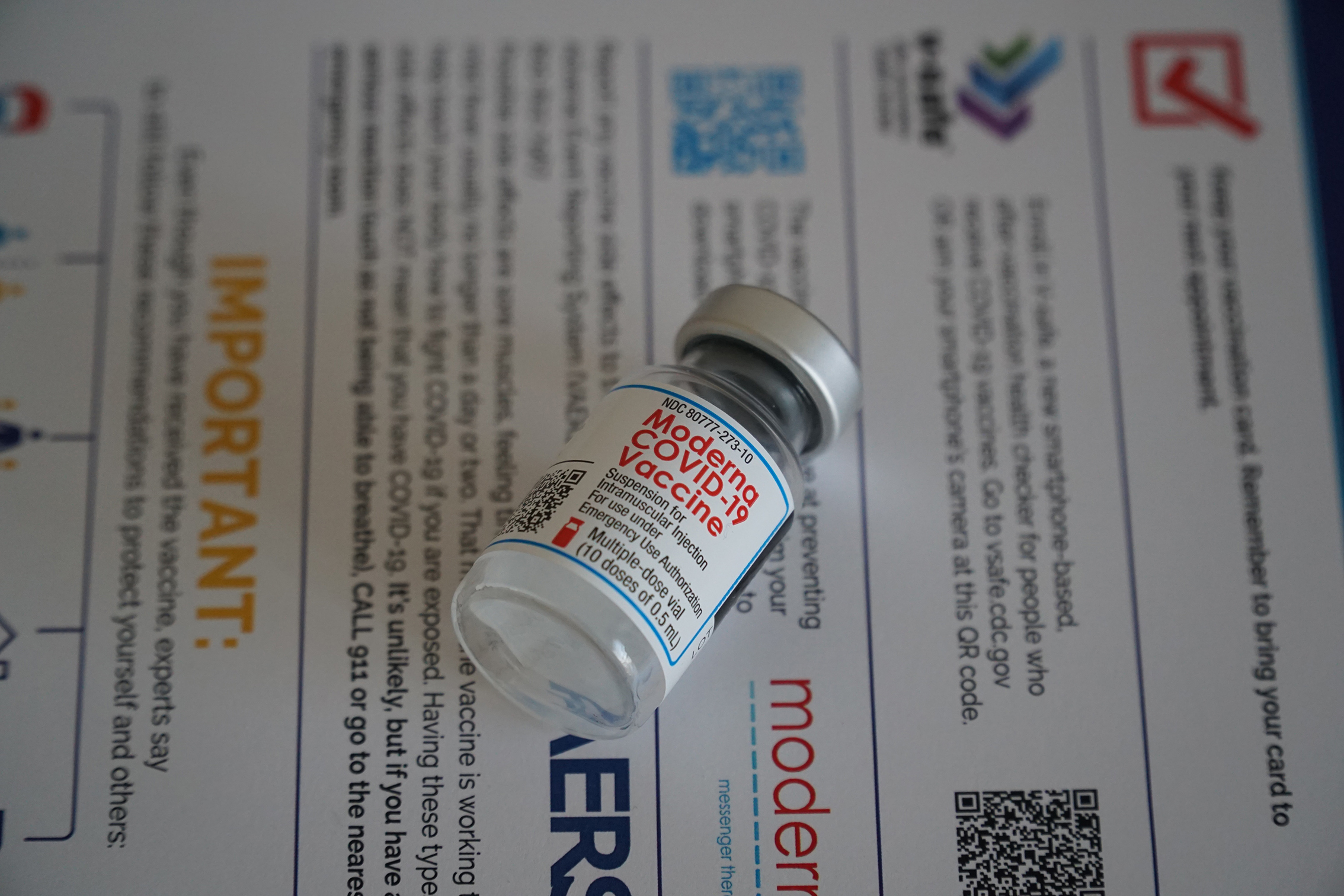MSF urges vaccine giants to share technology with Africa

An international organisation, Médecins Sans Frontières (MSF), has called on COVID-19 vaccine manufacturing giants to share their technology with African countries.
The lack of vaccine production capacity in African countries has exposed the continent’s vulnerability and has slowed the vaccine rollout. The United States have donated more than 50 million doses of COVID-19 vaccines to African nations with the continent only producing a mere 1% of vaccines administered.
Egypt is currently the only country in African to produce the vaccine although South African and Algeria have announced plans to do the same.
Secrecy concerns
MSF, also known as ‘Doctors without Borders’, has raised concerns on secrecy behind the production of the vaccine. He emphasised that African countries can produce these vaccines much faster but pharmaceutical companies are not giving Africa the option to license and produce them.
Alain Alsalhani, a vaccines expert with MSF’s access-to-medicines campaign, expressed his fears.
“We think that Pfizer and Moderna are not willing to do so is because they want to hold the control over the technology,” said Alsalhani.
He continued: “Moderna and BioNTech are going for bilateral deals, building their own facilities, which takes a longer time.”
Dr Nicaise Ndembi, Chief Science Advisor from Africa CDC, shared his concerns.
“We have seen from the African Union that 99% of the vaccines on the continent are being produced locally and only 1% use local materials. That figure gives us an idea of how the vaccine manufacturing ecosystem is lacking.”
Vaccine technology
Alsalhani says that MSF has urged Moderna and Pfizer to share their mRNA vaccine technology and know-how with a hub in South Africa which is run by the World Health Organisation (WHO).
Dear @pfizer, @biontech_group @moderna_tx
Manufacturers in Africa are waiting to start production on millions of mRNA #COVID19 #vaccines.
It's time to do your part for #VaccineEquity. #ShareTheTech #ChangeNotCharity pic.twitter.com/rK31jaEiit
— MSF International (@MSF) September 14, 2021
“Ravi in Spain is a manufacturer that has never produced vaccines before. Their business is based on really injectable medicines,” he said.
He added: “So we’ve seen them integrating the technology in an existing facility. They will start producing the first batches of drug substance six months only after they’ve signed the deal with Moderna.”
Morocco making progress
Morocco recently started producing vaccines against the virus through Sothema, a manufacturing company that produces the sinopharm jab. The company initially produced 5 000 doses but slowly increased their batches to 15 000 per month. To date, the manufacture company is estimated to produce 5 million doses per month after a deal was signed in July for mass production.
Mehdi Zaghloul, Executive Director at Sothema, hoped other countries could follow suit.
“Some of the batches have been piloted to the Moroccan Ministry of Health for analyses and the first batches will released in Morocco and other countries by December,” she explained. “I think Sothema brings us a blueprint of how to do this. What is significant is that they have built on the existing capacity and they have redirected that capacity.”
She added: “We are looking at formulations that will give us a more stable vaccine.”
Ndembi says that it is important that African countries have sustainable vaccine manufacturing plants and urged leaders to find a strategic plan.
“We need to sit with the African leaders to discuss a way forward. We need to establish regulatory bodies on vaccine production so we have vaccine companies which we can fund,” he said. – Health-e News
Author
Republish this article
This work is licensed under a Creative Commons Attribution-NoDerivatives 4.0 International License.
Unless otherwise noted, you can republish our articles for free under a Creative Commons license. Here’s what you need to know:
You have to credit Health-e News. In the byline, we prefer “Author Name, Publication.” At the top of the text of your story, include a line that reads: “This story was originally published by Health-e News.” You must link the word “Health-e News” to the original URL of the story.
You must include all of the links from our story, including our newsletter sign up link.
If you use canonical metadata, please use the Health-e News URL. For more information about canonical metadata, click here.
You can’t edit our material, except to reflect relative changes in time, location and editorial style. (For example, “yesterday” can be changed to “last week”)
You have no rights to sell, license, syndicate, or otherwise represent yourself as the authorized owner of our material to any third parties. This means that you cannot actively publish or submit our work for syndication to third party platforms or apps like Apple News or Google News. Health-e News understands that publishers cannot fully control when certain third parties automatically summarise or crawl content from publishers’ own sites.
You can’t republish our material wholesale, or automatically; you need to select stories to be republished individually.
If you share republished stories on social media, we’d appreciate being tagged in your posts. You can find us on Twitter @HealthENews, Instagram @healthenews, and Facebook Health-e News Service.
You can grab HTML code for our stories easily. Click on the Creative Commons logo on our stories. You’ll find it with the other share buttons.
If you have any other questions, contact info@health-e.org.za.
MSF urges vaccine giants to share technology with Africa
by Nompilo Gwala, Health-e News
November 11, 2021
MOST READ
Year-Long Wait for MRI: Bedridden Father’s Struggle Highlights Healthcare Challenges in Mpumalanga
Prolonged power outage leaves hospitals in the dark for two days
There’s more to self-care than scented candles or massages, it’s a key public health tool
Malaria can’t be beaten without political will and more funding
EDITOR'S PICKS
Related

Exclusive breastfeeding: New mums in dire need of support, education


